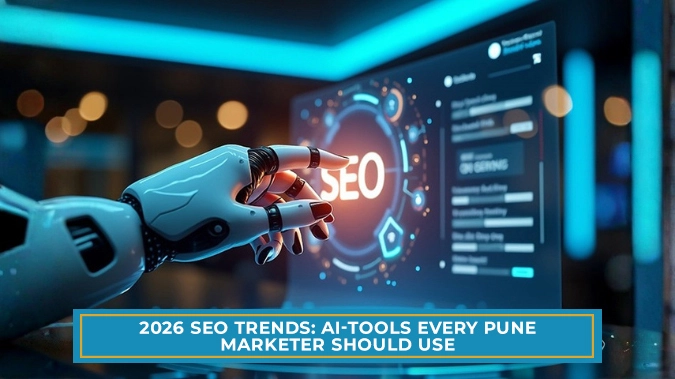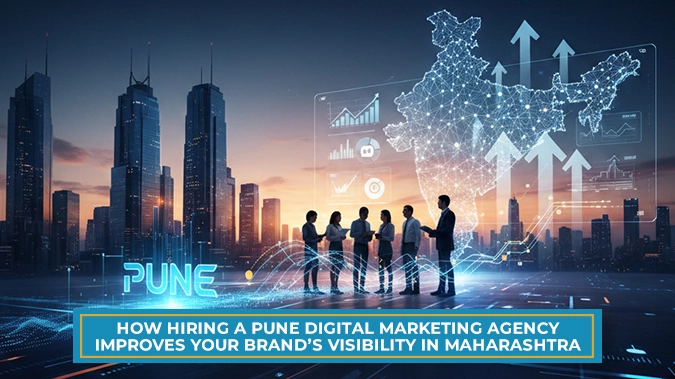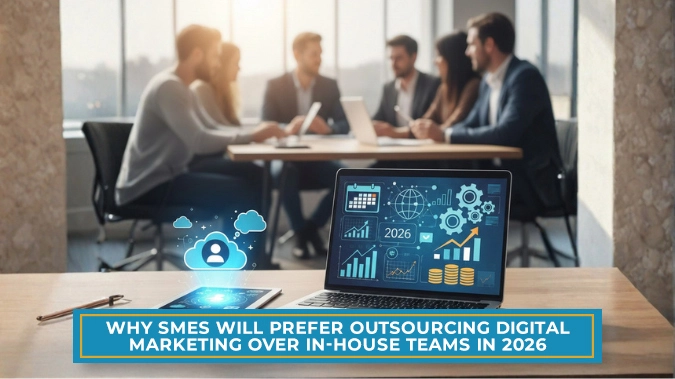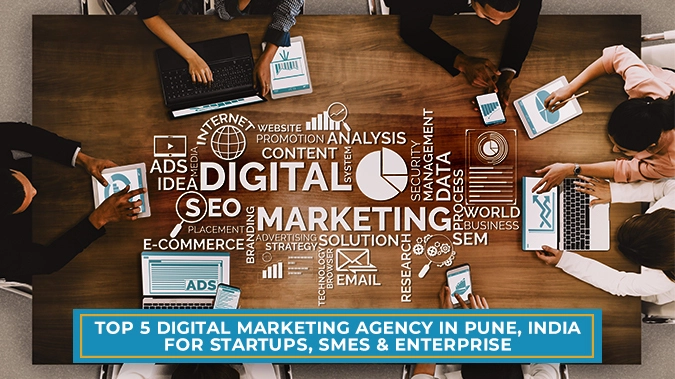Search Engine Marketing: Key Components, Setup, and Optimization Strategies
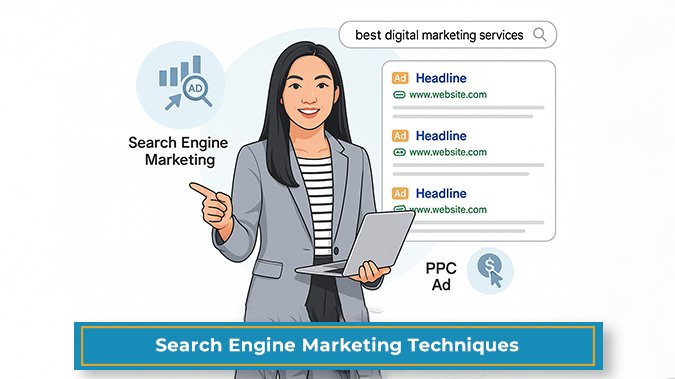
SEM in Digital marketing is an action-proof plan to promote and advertise businesses online. Aiming to take advantage to drive immediate traffic, the plan acts. Small-scale and mid-sized businesses are particularized attempting to carry out SEM.
However, the involvement of hurdles creates complexities in reaching audiences. Rectifying it is assured to raise visibility, brand awareness, and conversions. No matter what, it requires a deep dive to formulate a holistic SEM strategy.
What is SEM?
Today, whenever we need to find any information or updates related to anything, like a recipe, sports updates, we instantly open Google. Search engines are fully equipped with the answers to every question. Like users, businesses also avail themselves of SERPs. Bringing their services or products into the limelight via a digital marketing strategy is known as SEM.
Search Engine Marketing is a paid-for promotion strategy. Businesses pay search engines to show their ads on top-ranking websites. For this reason, the SEM is called a paid advertising marketing strategy.
Let’s comprehend how SEM is different from SEO.
Search Engine Optimization doesn’t deliver instant results, but it’s a powerful long-term strategy for driving consistent organic traffic. On the contrary, SEM enhances the business's visibility immediately by paying a fee to search engines.
Owing to this, users witness the ads on the primary results pages on the search engine. Naturally, it influences the number of site visits.
Technically, SEO has faith in performing according to the algorithms. By following search engines’ guidelines, SEO endeavours to enhance the website’s rank. But SEM has a completely distinctive approach to ranking sites on top priority SERPs.
SEO takes time to welcome organic traffic. SEM is preferable in case of the need for immediate connection with target audiences.
Benefits of SEM
Here is the bifurcation of SEM benefits.
Upgrade Visibility and Build Up Brand
SEM is responsible for positioning a business’s ads on the top tier SERPs. It helps them to get noticed by potential users. Due to this, the website’s visibility gets raised and builds up the brand.
Better Reach to Targeted Audience
SEM allows businesses to target only those audiences who are likely to be interested in their services or products. Leading to raising the conversion rates may strengthen the business economy.
Instant Outcomes
Investing in SEM delivers instant traffic and visibility. It impacts the business’s digital presence. Plus, they start to gain opportunities to earn massive revenue.
Budget Control Advertising
SEM strategy operates contingent upon the PPC model. It’s a hint that businesses reimburse search engines as soon as the user presses the pointer on the ad. It’s a sign of a precise budget control tactic.
How SEM Works?
Here is the itemised process of SEM working-
Step 1: First step to process SEM is targeting keywords. Promoters vote for keywords that resonate with the business niche. On SERP, Ads that pertain to the user’s search query will become visible.
Step 2: Conducting bidding on the researched keywords assists promoters in attending the race. It would be an inclination towards achieving a top spot on the SERP.
Step 3: The third step portrays Ads. Users undertake a search on the keyword they bid on. Soon after, the Ads get displayed on SERPs.
Step 4: The Last PPC strategy starts to function, search engines receive compensation only and only if the user hits the Ad link. Search engine makes money each time the Ads are clicked.
Step 5: The last step is for advertisers' initiative to track clicks and conversions. It leads to the refinement of their campaigns over time.
Key Components of SEM
Appreciating SEM’s key components gives rise to a successful SEM strategy. Let’s acknowledge this
Keyword Research
The prime component of SEM detects search queries. With the use of this component, productive keywords are recognized that the user might input while searching.
Ad Campaign & Ad Group Set Up
Production of attractive Ads and campaigns is one of the pivotal SEM components. Integrating targeted keywords into the Ads helps to enhance SERP rank.
Landing Page Optimization
Optimising a standalone webpage potentially converts visitors on the website into leads. Consequently, the SEM component proves the most effective strategy.
Ad Copywriting
Ad Copywriting is directly promotional to raise click-through rates. Another advantage of Ad Copywriting is fostering belief and brand familiarity.
Budget Management & Bidding Strategy
SEM budget management promises to ensure better Return on Investment (ROI). Apart from this, bidding implies the importance of SEM in terms of showing Ads on SERP.
FAQs
What is the difference between SEM and SEO?
SEO is an unpaid blueprint that works to grow traffic naturally. On the contrary, enhancing rank on SERP with SEM requires paying for Ads.
Is SEM only about Google Ads?
No, SEM is not particularized to Google Ads. Other platforms like Bing Ads are also covered under the SEM strategy.
How much does SEM cost?
SEM Implementation costs rest on several factors and are variable. Even so, we can provisionally value between $500 to $5000 per month. In this price range, campaigns from basic to full-scale execution will be covered.
Is SEM suitable for small businesses?
Yes, actually, SEM is the ultimate solution to grow small businesses. Swift and quantifiable results are only anticipated via SEM.
What is the Quality Score in Google Ads?
Google Ad’s Quality Score is a gauge used to evaluate how relevant Ads and Keywords are. The number of points that make up a quality score goes from 1 to 10. In this, 10 is the towering score.


